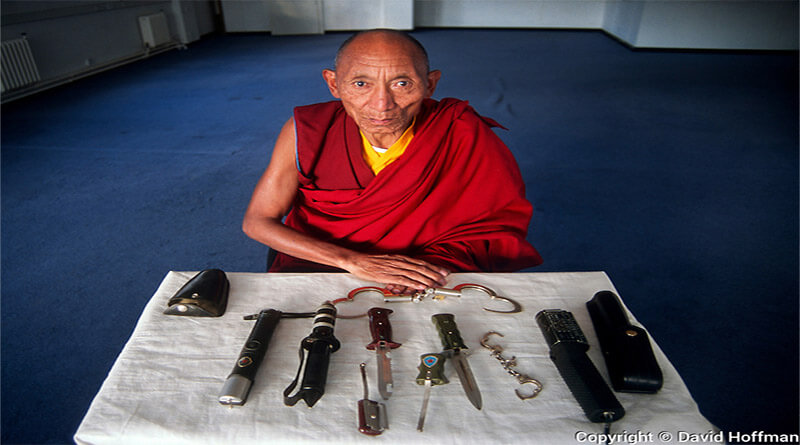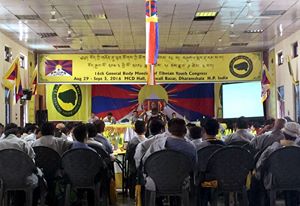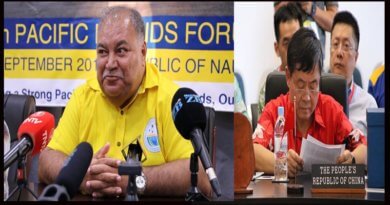Former Tibetan political prisoner Palden Gyatso passes away

DHARAMSALA, Nov 30: Former Tibetan political prisoner Ven Palden Gyatso who has been bedridden of late has passed away earlier this morning.
The Tibetan monk who spent 33 years in various Chinese prison and concentration camps in the Chinese occupied Tibet from 1959-1992 where he was extensively tortured has reportedly passed away at the age of 85 around 7 am today at the Delek Hospital in Dharamsala.
Gyatso has been bed-ridden for weeks and his health deteriorated as he has been battling liver-related complications off late. But he has reportedly declined to undergo more invasive medical treatment.
“I am happy and blessed to have lived this long. I was blessed in prison as well when I almost starved to death but survived unlike many of my friends who died in front of me,” Gyatso was quoted as saying in earlier reports.
Condolences poured in thick and fast across the social media platforms from Tibetans and Tibet supporters after the news of his passing spread like a wildfire.
“Tough guy. The evil CCP couldn’t break his spirit & faith in Tibetan freedom. Great role model, wrote a Tibetan on Facebook while another said, “Despite all that he went through, he was a humble and peace-loving human. A great loss for Tibet. We should never forget.”
Palden Gyatso was born in a Tibetan village in 1933 and became an ordained Buddhist monk at 18. At age 29, in 1959, after the Chinese invasion of Tibet, he was arrested and charged with being a reactionary element and sentenced to a seven-year prison term. Thereafter, he spent 33 years in various Chinese prison and concentration camps in the Chinese occupied Tibet from 1959-1992. He was ultimately released in 1992 and escaped to India thirteen days later.
Gyatso has since dedicated his entire life to raising awareness about the plight of the Tibetan people. He has testified before the United Nations and the U.S. Congress. His memoir, “Fire Under the Snow: The Autobiography of a Tibetan Monk,” written by Tibetan historian and scholar Tsering Shakya was published in 1997.
Though the Tibetan monk endured extensive torture during his 33 years in various Chinese prison and concentration camps, he has famously said that “Anger destroys all ability to be at peace with yourself and with others. If you harm me, it is you who lose: you lose your peace,” a reflection of a true Buddhist practitioner.






